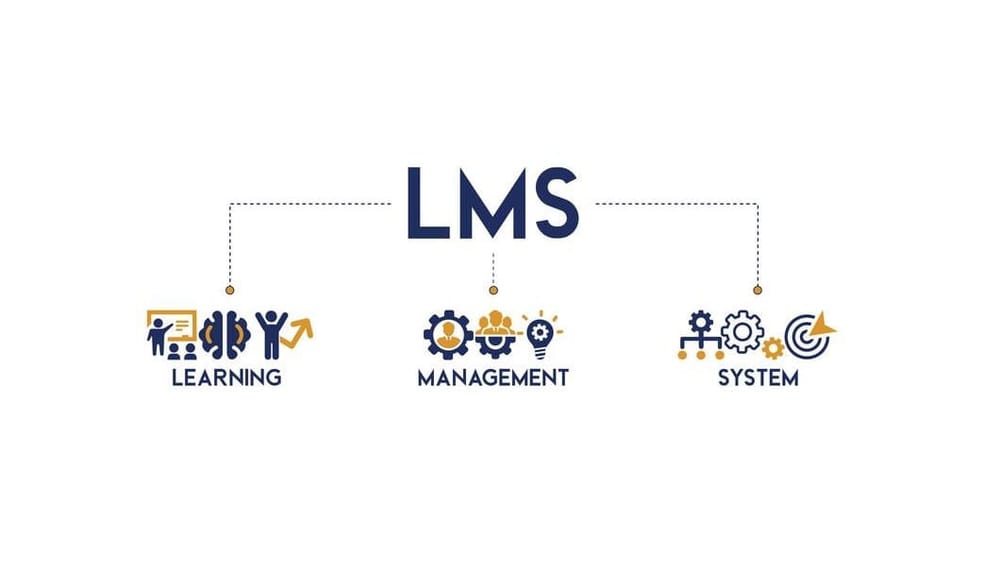

In today’s fast-paced business environment, organizations face the constant challenge of adapting to rapid technological advancements and shifting workforce needs. To address these challenges, many companies are turning to Enterprise Learning Management Systems (Enterprise LMS) as a comprehensive solution for workforce development. An Enterprise LMS serves as a centralized platform for managing training, development, and performance, helping organizations streamline learning processes and achieve business goals. This article delves into the numerous benefits of implementing an Enterprise LMS, focusing on how it enhances organizational effectiveness, boosts employee engagement, and supports sales training initiatives.

One of the primary advantages of an Enterprise LMS is its ability to centralize learning resources, making them easily accessible to employees anytime and anywhere. This streamlines the learning process, reducing the need for scattered resources and enabling a more cohesive training experience. Companies with centralized LMS platforms see a 35% reduction in training costs and a 45% increase in learner engagement (Veeramanickam et al, 2016).
“By providing a single source of truth for training materials, Enterprise LMS simplifies learning and enhances productivity,” said John Smith, Chief Learning Officer at ABC Corp.
Modern Enterprise LMS platforms leverage AI and data analytics to provide personalized learning paths tailored to individual employee needs. This ensures that employees receive content that aligns with their role and skill level, promoting better knowledge retention and application. Technical terms like “adaptive learning” and “learner-centric design” are key components of these systems. Research highlights that personalized learning pathways result in a 42% increase in learner engagement and a 30% improvement in performance (Ikram et al, 2023).
Enterprise LMS systems offer robust features for sales training, enabling organizations to develop role-specific content that addresses the unique needs of sales teams. These platforms provide modules on sales strategies, customer relationship management (CRM), and product knowledge, ensuring that sales professionals are equipped with the skills they need to succeed. According to a study by Brandon Hall Group, companies with a dedicated LMS for sales training see a 25% improvement in sales performance.
Enterprise LMS systems foster collaboration by enabling teams to share knowledge, participate in discussions, and access learning materials together. This encourages a culture of continuous learning, where employees from different departments can exchange ideas and contribute to collective growth. Features like virtual classrooms, discussion boards, and live webinars are instrumental in promoting cross-functional learning.
Effective communication is at the heart of a successful learning experience. Enterprise LMS platforms provide tools for real-time communication and feedback, ensuring that learners receive timely guidance. Terms such as “collaborative learning” and “feedback loops” are commonly used to describe these interactions.
In highly regulated industries such as finance, healthcare, and legal services, compliance is a top priority. An Enterprise LMS helps organizations manage and track employee training in line with industry standards and regulatory requirements. This ensures that organizations maintain a high level of compliance and avoid potential legal risks.
Data security is critical when managing sensitive information. Enterprise LMS platforms employ encryption, access controls, and secure data storage to protect employee and organizational data. “Secure learning environment” and “data protection” are essential technical terms used to describe these security measures.
As businesses grow, the ability to scale training programs is essential. Enterprise LMS provides a flexible framework that accommodates larger teams, multiple locations, and diverse learning needs. This scalability ensures that training remains accessible and effective even as the organization expands.
Manual training management can be time-consuming and inefficient. An Enterprise LMS automates many administrative tasks, such as course enrollment, certification tracking, and performance monitoring, allowing organizations to focus on strategic learning outcomes.
Implementing an Enterprise LMS offers significant advantages for organizations aiming to create a more adaptable, skilled, and engaged workforce. From streamlining learning processes and supporting sales training to enhancing collaboration and ensuring compliance, these systems play a pivotal role in driving organizational success. As businesses continue to navigate complex challenges, an Enterprise LMS becomes a strategic asset for fostering continuous learning and professional development.
[1] Veeramanickam M. and M. Mohanapriya (2016) Research Study on Centralized E-Learning Architecture Model for Educational Institutes in INDIA: Teaching & Learning Process
[2] Ikra A., Aammou S. and Zakaria T. (2023) ENHANCE STUDENTS’ LEARNING BY PROVIDING PERSONALIZED STUDY PATHWAYS